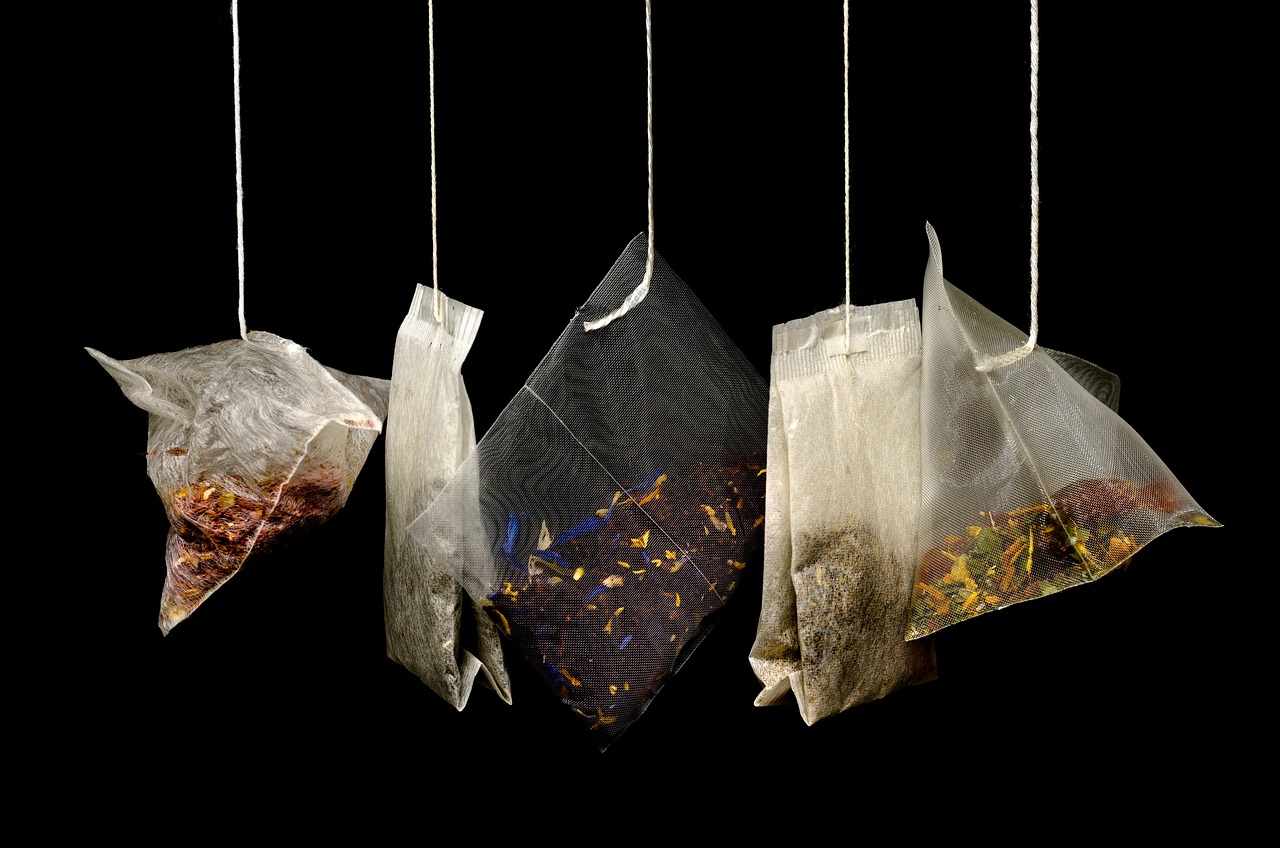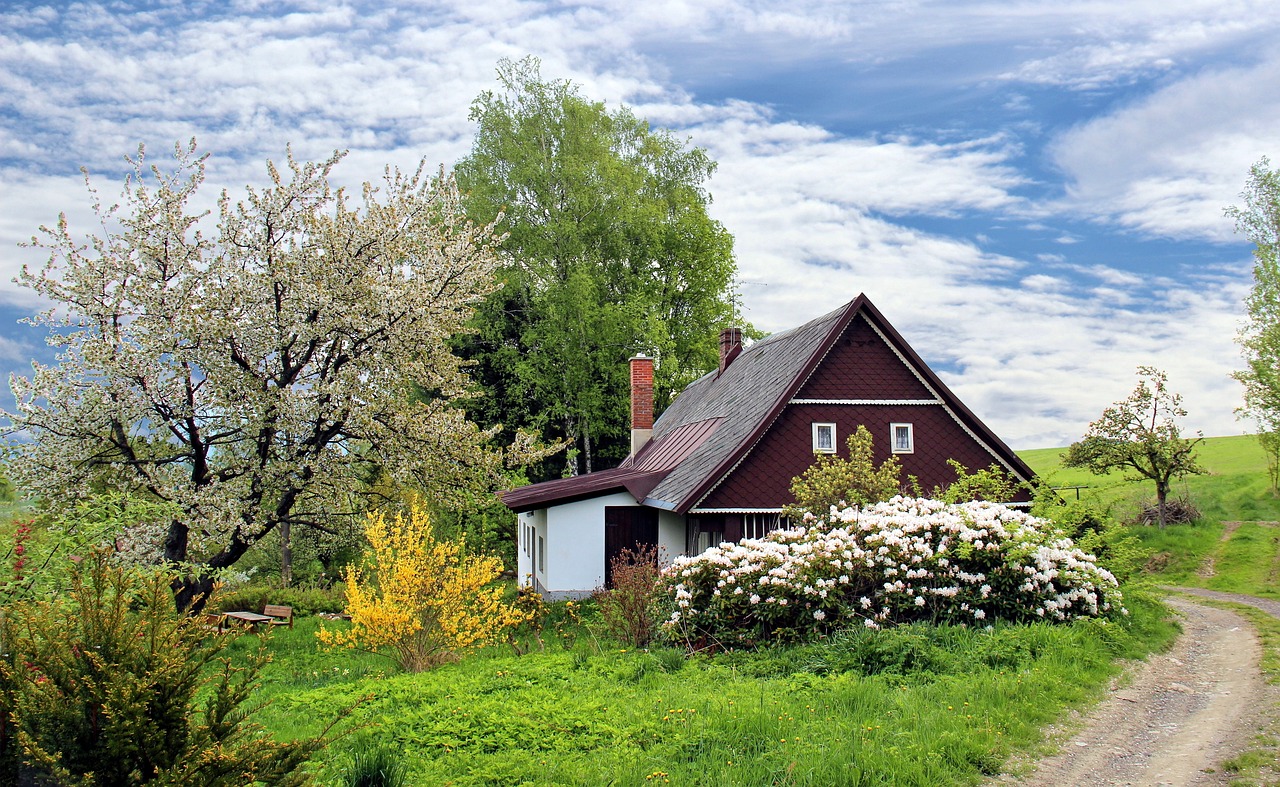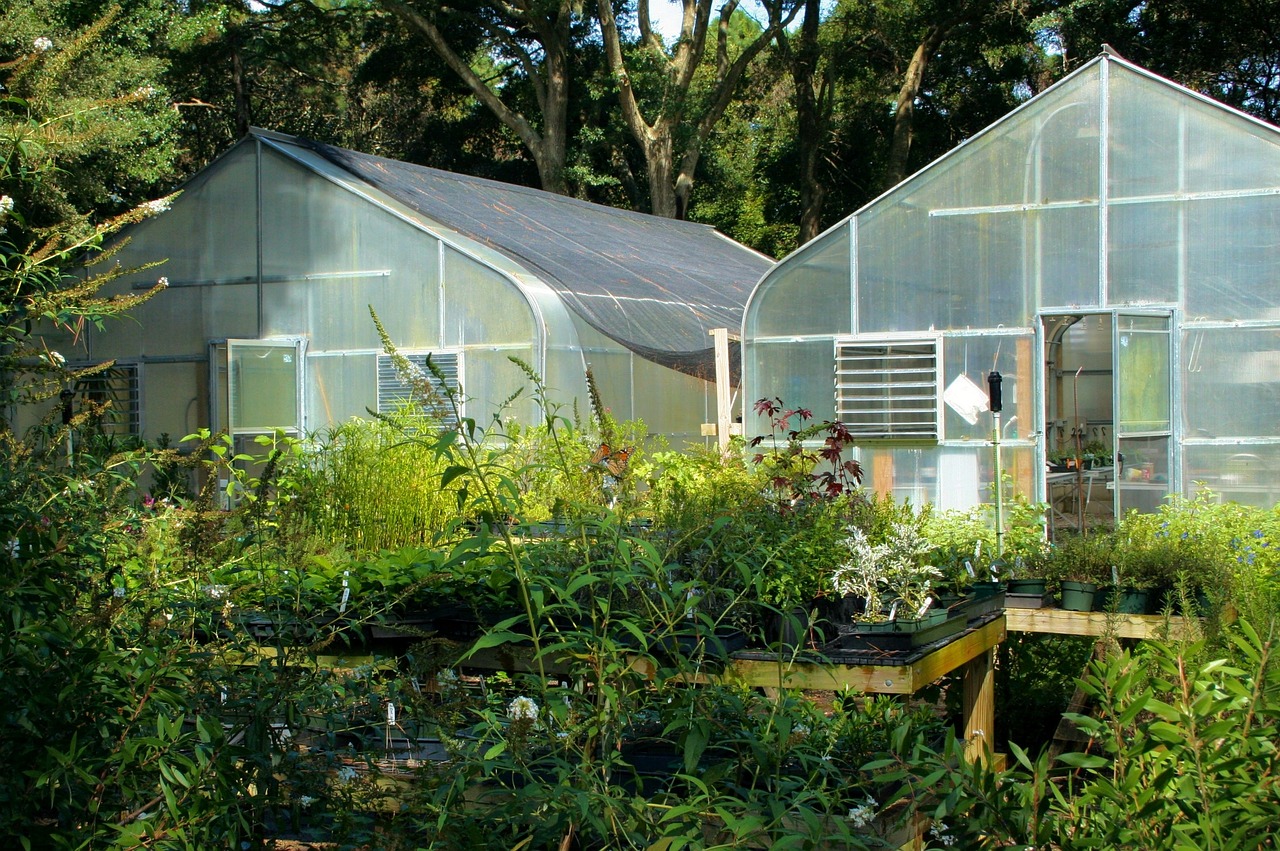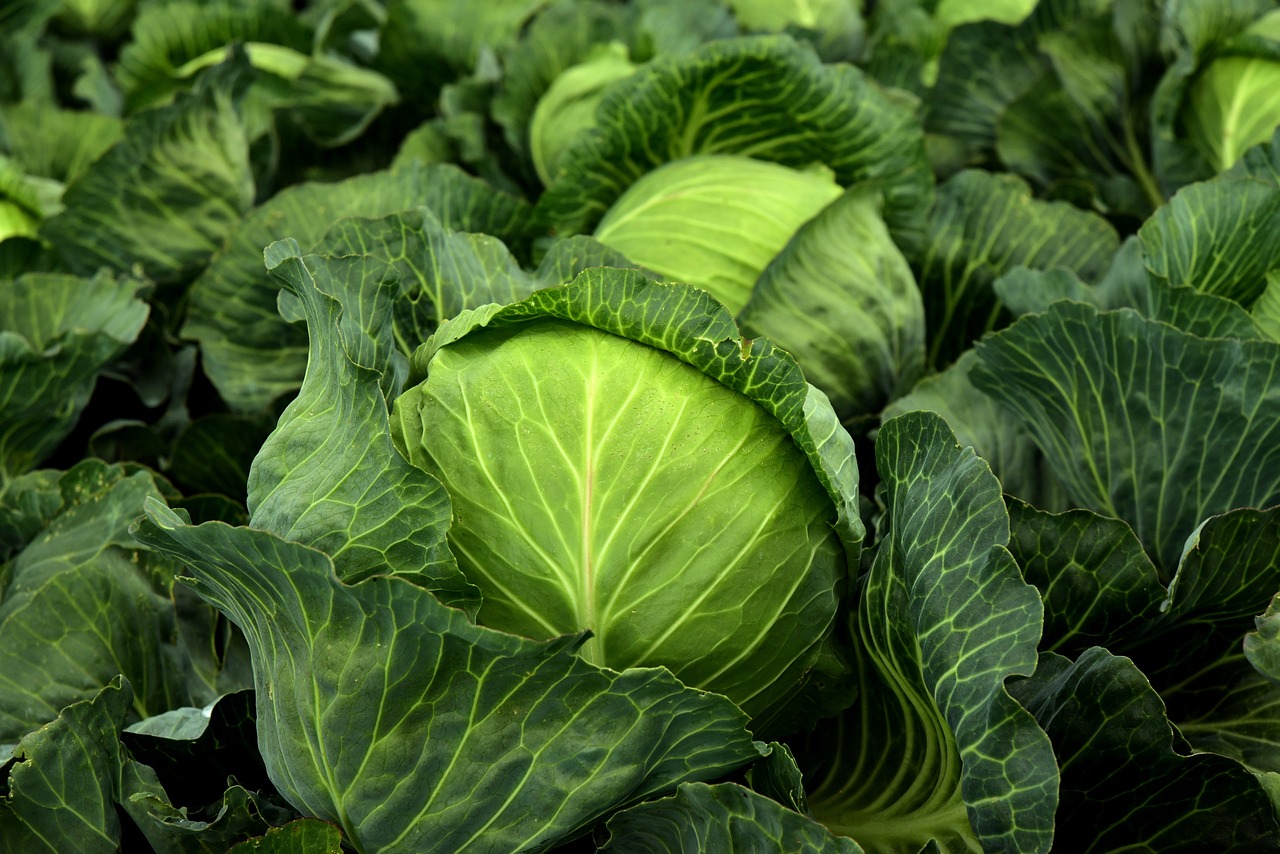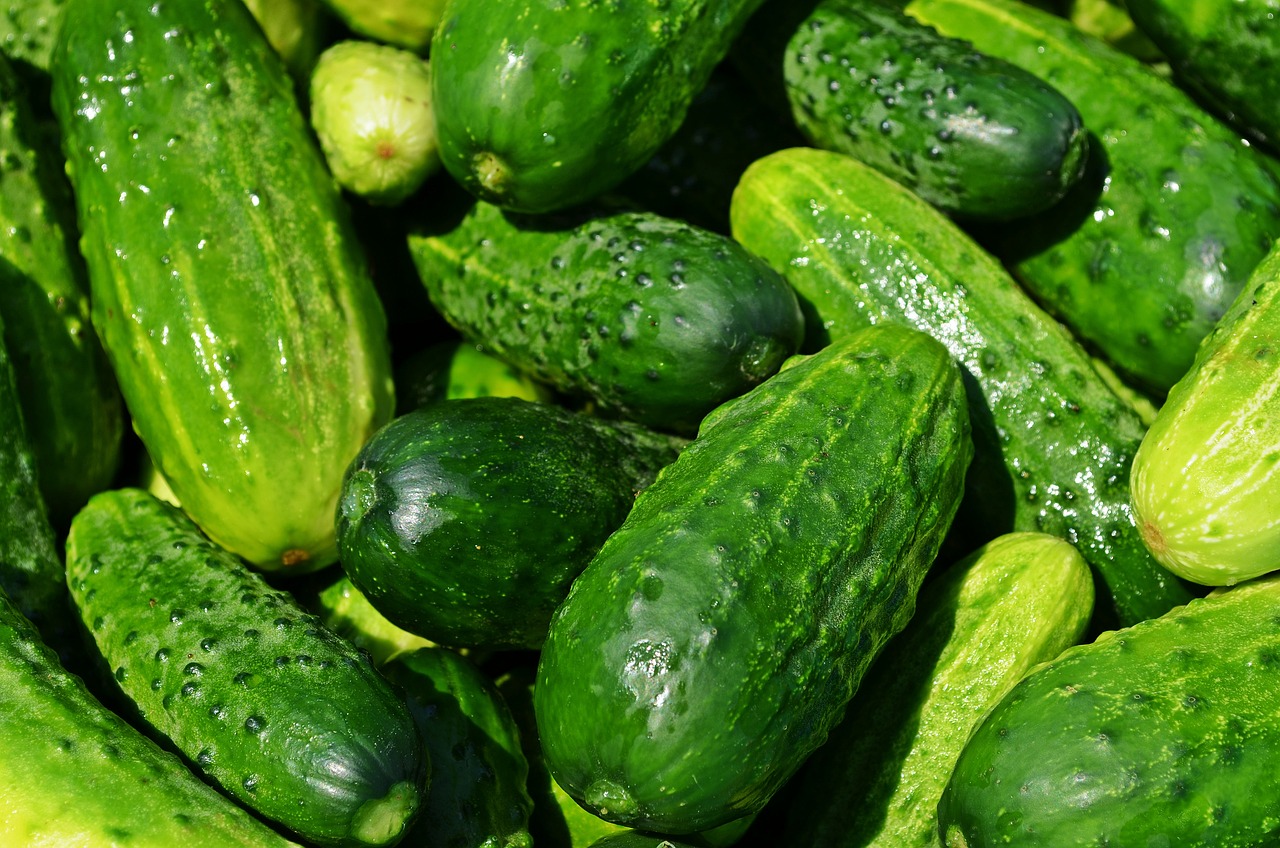Are you tired of buying the same old herbs from the grocery store? Why not try growing some exotic herbs in your own backyard? Not only will it add a unique flavor to your dishes, but it will also bring a sense of joy and satisfaction to watch them grow from seedlings to mature plants.
Growing exotic herbs may seem daunting at first, but with the right knowledge and preparation, it can be a fun and rewarding experience. In this article, we will guide you through the process of selecting the right herbs for your garden, creating an ideal growing environment, and providing tips and tricks for successful cultivation.
We will also explore the culinary and medicinal benefits of various exotic herbs, and show you how to harvest and use them in your everyday life.
So, let’s get started on your journey to growing your own exotic herbs and discovering the joy that comes with it.
Choosing the Right Exotic Herbs for Your Garden
You’ll want to consider the specific growing conditions and culinary uses of each exotic herb when choosing which ones to add to your garden. Container gardening is a great option for those with limited outdoor spaces, as it allows you to maximize small spaces and still enjoy the benefits of fresh herbs.
When selecting your herbs, keep in mind the amount of sunlight and water each requires, as well as the soil type and pH level. Some herbs, such as basil and cilantro, prefer full sun and well-draining soil, while others, like mint and parsley, can tolerate partial shade and moisture-rich soil.
In addition to growing conditions, it’s important to consider the culinary uses of each herb. Some, like lemongrass and Thai basil, are commonly used in Asian cuisine, while others, such as lavender and rosemary, are commonly used in European dishes. Think about the types of dishes you frequently prepare and which herbs would complement those flavors.
With a little research and planning, you can create a diverse and flavorful herb garden that will enhance your cooking and bring you joy for years to come.
Creating an Ideal Growing Environment
To cultivate a healthy and thriving herb garden, it’s important to create an environment that meets the specific needs of each herb variety. One of the key factors to consider is optimal lighting. Some exotic herbs require full sun exposure, while others prefer partial shade. It’s important to research the lighting requirements of each plant and place them accordingly in your garden.
Another critical aspect to consider is soil composition. The type of soil you use can significantly impact the growth and health of your herbs. Exotic herbs often require well-draining soil with a slightly acidic pH level. You can test the pH level of your soil and amend it with organic matter, such as compost or manure, to improve the soil’s nutrient content.
Additionally, controlling temperature and humidity are essential to ensure your herbs thrive. You can achieve this by setting up a greenhouse or using shade cloth during hot summer days to prevent your herbs from drying out.
With the right growing environment, you can enjoy a bountiful harvest of exotic herbs that not only look beautiful but also taste delicious!
Tips and Tricks for Successful Cultivation
If you want your herb garden to thrive, consider using companion planting techniques to create a beautiful and functional garden. This technique involves planting different herbs and plants that complement each other and work together to maximize growth and repel pests.
For example, planting marigolds with your herbs can help repel harmful insects, while planting basil with your tomatoes can improve their flavor and growth.
When it comes to cultivation, you can choose between indoor and outdoor methods. Indoor cultivation can be done year-round, but requires proper lighting and ventilation. Outdoor cultivation requires soil preparation and protection from extreme weather conditions.
Regardless of the method, it’s important to troubleshoot common issues such as pest infestations, over or under watering, and nutrient deficiencies. By following these tips and tricks, you’ll be on your way to a successful and thriving herb garden.
Harvesting and Using Your Exotic Herbs
Once your exotic herbs have matured, it’s time to start harvesting and incorporating them into your favorite dishes. To preserve their freshness, it’s best to harvest them in the morning when the oils are at their strongest. Use a sharp pair of scissors or pruning shears to cut just above the node or joint where the leaves meet the stem. Avoid cutting too much as this can damage the plant and hinder further growth.
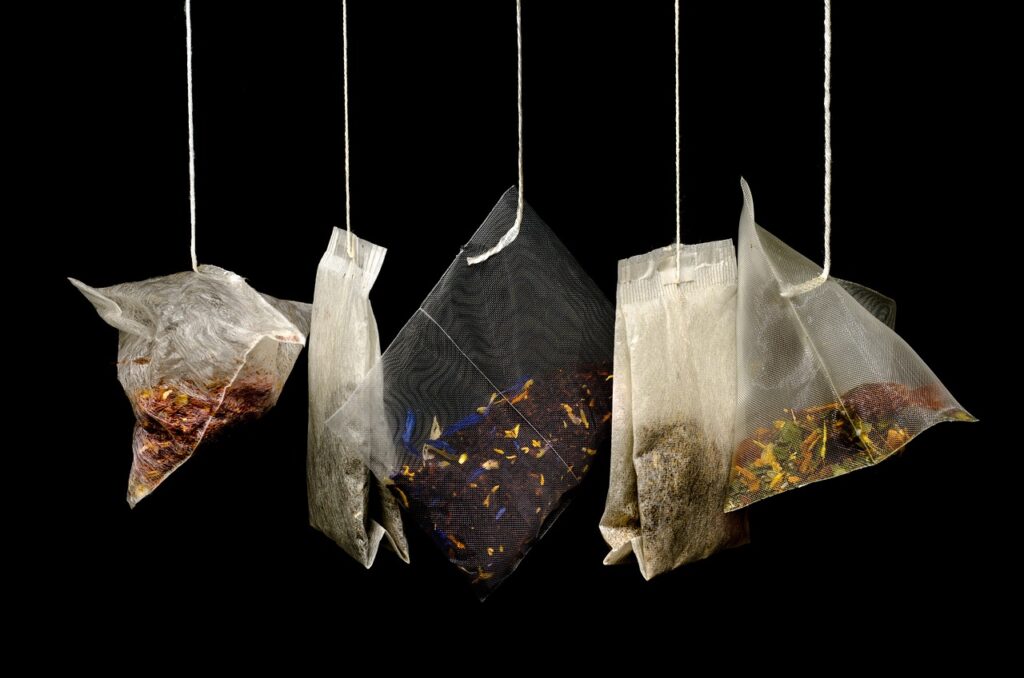
After harvesting, you can use your exotic herbs in a variety of creative ways. Try infusing them in oils, vinegar, or alcohol to add unique flavors to your cooking. You can also dry them by hanging them upside down in a cool, dark place or using a dehydrator. Once dry, store them in airtight containers and use them in spice blends, teas, or soups.
Don’t be afraid to experiment with different recipes and techniques to fully enjoy the joy of growing your own exotic herbs.
Exploring the Culinary and Medicinal Benefits of Exotic Herbs
Exploring the diverse culinary and medicinal benefits of exotic herbs can open up a world of new flavors and health benefits for you. Infusing teas, cocktails, and even water with herbs like lavender, rosemary, and mint can add a unique twist to your beverages.
Not only do they taste great, but these herbs also have medicinal benefits such as aiding digestion, reducing stress, and promoting relaxation. Aside from their culinary uses, exotic herbs also offer beauty and skincare benefits.
For example, rosemary oil is known to promote hair growth and improve memory, while lavender oil is a popular ingredient in skincare products due to its calming and soothing properties. By incorporating these herbs into your daily routine, you can not only enhance your meals but also improve your overall health and wellbeing.
So, why not give it a try and discover the joy of growing your exotic herbs?
Frequently Asked Questions
How do I prevent pests from damaging my exotic herbs?
Prevent pests from damaging your exotic herbs with natural pest control methods. Companion planting can help repel insects and attract beneficial ones. Plant basil, marigolds, and lavender to keep pests away.
Can I grow exotic herbs indoors?
Yes, you can grow exotic herbs indoors. But you need to make sure that you provide them with proper lighting and growing techniques. These herbs require specific lighting requirements, so be sure to do your research before getting started.
How often should I water my exotic herbs?
To maintain healthy exotic herbs, water them once or twice a week depending on the soil type. Check the moisture level by sticking your finger in the soil; it should be damp but not waterlogged.
Can I use exotic herbs for aromatherapy or as natural remedies?
Yes, exotic herbs have benefits beyond culinary use. Some can be used in aromatherapy or as natural remedies. For example, lavender can calm nerves and aid in sleep. However, research their safety and dosage before use.
How do I store my harvested exotic herbs for future use?
To store your harvested exotic herbs for future use, employ proper herb drying techniques. Once they’re dry, store them in an airtight container in a cool, dark place. Get creative with recipe ideas using your exotic herbs.
Conclusion
Congratulations! You’re now well-equipped with the knowledge and skills needed to grow and enjoy your own exotic herbs.
Remember to choose the right herbs for your garden and create an ideal growing environment to ensure successful cultivation. Don’t forget to use the tips and tricks shared in this article to help you along the way.
Once your exotic herbs are ready for harvest, explore their culinary and medicinal benefits. Get creative in the kitchen and incorporate these herbs into your meals for a unique and flavorful experience.
Additionally, you can use these herbs for their medicinal properties to help with a variety of ailments. Growing your own exotic herbs is not only enjoyable, but also a rewarding and beneficial experience.
So, go ahead and start your herb garden today!






